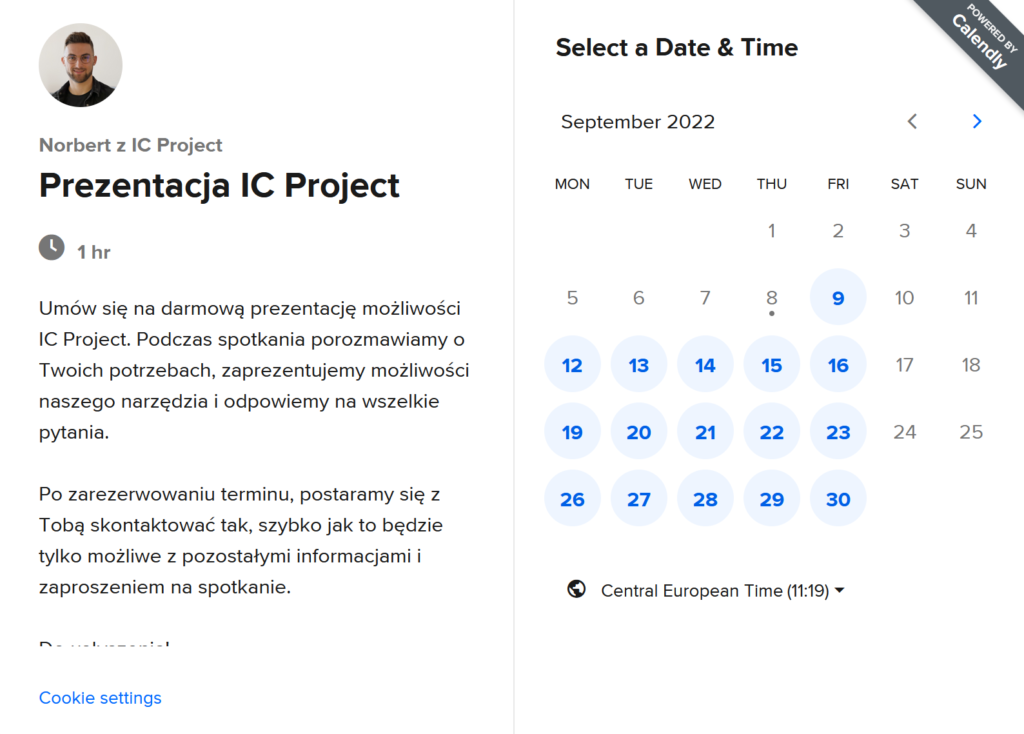Managing large projects is a challenging task that can lead to significant stress for both leaders and team members. Increased pressure, tight deadlines, and project complexity can trigger stress that affects work efficiency and well-being. In this article, we will present effective stress management strategies in large projects to help teams maintain high performance and well-being.
Identifying sources of stress
In large projects, there are many factors that can cause stress. Tight deadlines are one of the main reasons team members feel overwhelmed. Short deadlines and complex schedules often lead to pressure, which lowers the quality of work and can result in delays.
Another significant source of stress is the extensive scope of the project. Changing requirements and complicated tasks can create a sense of uncertainty and overwhelm. Communication problems also play a key role. Insufficient communication and unclear expectations can lead to frustration and conflicts within the team.

We also cannot overlook the impact of a lack of resources. Insufficient financial and human resources can increase stress and place a heavier burden on the team. Additionally, changes within the project and uncertainty about future outcomes can cause anxiety and fears, further amplifying stress.
Effects of stress
When team members feel overwhelmed and exhausted, their engagement in the project can significantly decrease. Instead of focusing on innovative solutions and productive work, employees may start avoiding additional responsibilities and limit their efforts to the bare minimum.
In the long term, chronic stress can lead to burnout, which is characterized by emotional exhaustion and detachment from work. Burnout can affect employees’ ability to perform efficiently and maintain high work standards. Symptoms of burnout may include chronic fatigue, cynicism toward work, and a sense of helplessness, all of which further exacerbate the stress problem.
Additionally, prolonged stress can lead to health issues such as headaches, sleep disturbances, concentration problems, and digestive issues. Health problems can result in absenteeism, which burdens the remaining team members and increases pressure on the rest of the staff, creating a vicious cycle of stress.
Stress management techniques
To effectively manage stress in large projects, several key strategies should be implemented. First and foremost, realistic planning is essential. Setting achievable deadlines and managing schedules efficiently can help minimize pressure. Planning tools, such as Gantt charts, allow for tracking progress and adjusting timelines when necessary.
Another important element is effective communication. Regular team meetings and clear definitions of roles and expectations help prevent misunderstandings and conflicts. Implementing practices like weekly status updates can significantly improve coordination and problem-solving in real time.
Resource and budget management is another crucial aspect. Optimizing available resources and planning their use can help reduce team burdens and increase project efficiency. It is also worth considering introducing psychological support programs to help the team cope with stress. Relaxation techniques, such as breathing exercises or meditation, also play an important role. Regular breaks and short relaxation methods can help reduce stress and improve the well-being of team members.
How IC Project can help manage stress?
IC Project is an advanced project management tool that can significantly ease the stress associated with managing large projects. With its extensive functionality and flexibility, IC Project supports efficient project management at various levels, which can help reduce stress within the team.
Here are several key ways IC Project can assist in stress-free project management:
Schedule management and planning
IC Project offers advanced scheduling and planning tools that enable the creation of realistic plans and efficient tracking of project progress. Gantt charts available in IC Project help visualize task schedules, making it easier for teams to understand what actions are required at each stage of the project.
Effective communication and collaboration
The tool centralizes project communication through features like task comments and a messenger, where private or group threads can be created. Regular status updates and transparent information exchange help avoid misunderstandings and conflicts, significantly reducing tension within the team.
Resource and budget management
IC Project allows for strict monitoring of resources and budgets, enabling better planning and allocation. It offers functions for tracking expenses and managing human resources, helping to avoid shortages and excessive workloads for the team. This helps to effectively control costs and avoid unexpected expenses.
Integration with other tools
IC Project integrates with various applications and systems, making it easier to synchronize activities and data.
Reporting and analysis
The tool provides advanced reporting functions that allow for tracking project performance and analyzing data. With detailed reports, it is easy to quickly identify areas that need improvement and monitor key performance indicators. This enables informed decision-making and minimizes risks, which can reduce the stress of project management.
The importance of task delegation
In large projects, one of the key aspects of stress management is effective task delegation. When a project leader tries to handle everything on their own, they can quickly become overwhelmed by the sheer volume of responsibilities. Delegating tasks not only relieves the leader but also increases team engagement. Team members who have clearly defined roles and responsibilities feel more involved and confident in their work, which reduces their own stress levels. It is therefore worth investing time in assigning tasks carefully and ensuring that each team member has clear, realistic goals and tasks suited to their abilities.
Task delegation also benefits the organization at a broader level. When tasks are assigned based on competencies, the decision-making process becomes more streamlined and efficient. Instead of getting involved in every detail, the leader can focus on more strategic aspects of the project, such as risk management or maintaining relationships with key stakeholders. As a result, the team gains greater autonomy, which not only reduces stress but also enhances innovation and the ability to respond quickly to changing conditions.
It is also worth mentioning that effective delegation requires clearly defined expectations and regular progress monitoring. Leaders should provide support during task execution and be available when needed, but without excessive control, which could undermine trust and increase pressure on the team. Transparent communication and regular team meetings allow for addressing potential issues in real-time and adjusting assigned tasks as needed, minimizing the risk of failures and reducing stress associated with managing large projects.
Maintaining work-life balance in project management
In large projects, especially those with high complexity, it’s easy to lose balance between professional and personal life. Overworking and lack of time for rest can lead to burnout, reduced efficiency, and increased stress levels. Therefore, it’s crucial for project managers and team members to prioritize maintaining a healthy work-life balance.
Setting clear time boundaries, taking regular breaks, and engaging in relaxing activities help preserve both mental and physical health, which in turn improves performance and reduces work-related stress. Promoting a work culture that supports balance is essential for the long-term success of projects and job satisfaction.
In the context of managing large projects, work-life balance isn’t just a matter of comfort, but a strategic approach that can significantly influence the project’s success. When team members feel rested and have time to recharge, they are more creative, better able to handle pressure, and capable of making more thoughtful decisions. Thus, ensuring a balance between work and personal life becomes an investment in the team’s well-being and the project’s success. Managing stress in large projects is a challenge that requires a conscious approach and the right tools. When left unchecked, stress can lead to a decline in work quality and put the project at risk of failure. However, with appropriate strategies su ch as realistic planning, effective communication, and resource management, stress can be significantly reduced, ensuring a smooth project flow.
Managing stress in large projects is a challenge that requires a conscious approach and the right tools. Uncontrolled stress can lead to a decline in work quality and put the project at risk of failure. However, with the right strategies, such as realistic planning, effective communication, and resource management, stress can be significantly reduced, ensuring the smooth progress of the project.






